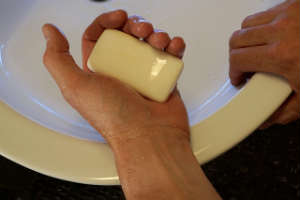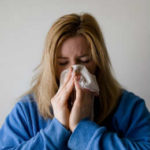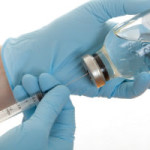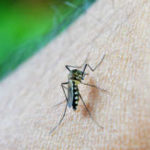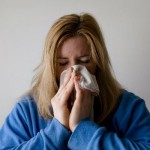‘Tis The Season For Handwashing
As the flu season approaches, the importance of handwashing cannot be overstated. It is so important, in fact, that it is observed worldwide on Global Handwashing Day. This observance brings awareness to the benefits of handwashing and also gives understanding as to the state of handwashing globally. Ira Riklis believes proper handwashing is one of the most important steps you can take to avoid sickness and the spread of germs. According to the Centers for Disease Control (CDC) providing people with handwashing education can:
- Reduce the number of people who experience sickness with diarrhea by 30 percent
- Reduce the number of people with HIV who experience diarrhea by 50 percent
- Reduce respiratory illnesses, such as colds, in the general public by about 20 percent
Help Protect Those Who Are Vulnerable
Proper handwashing not only helps you stay healthy, but it shows you care about others around you. When you make handwashing a regular practice, everyone wins. You wash away illness-causing germs which prevents the spread of such germs. Young children and the elderly are especially susceptible to illness so make it a priority to wash your hands when coming into contact with such individuals. If you visit a nursing home or hospital, you do not want to bring in germs that have the potential to make an entire facility sick. Therefore, keep your hands clean. You should wash your hands often, following these guidelines: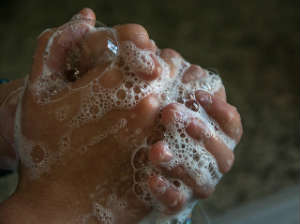
- Before, during and after meal preparation
- Before eating
- Before and after caring for a sick individual
- After coughing, sneezing or blowing your nose
- After coming into contact with an animal, its food or its waste
- After changing a diaper or helping a child after they’ve used the toilet
- After coming into contact with garbage
The best alternative to soap and water, if such is unavailable, is hand sanitizer. As a matter of fact, most hospitals and nursing homes have a hand sanitizer dispenser as you walk in the door and it’s a great idea to use it when you arrive.
Be A Good Role Model
As an adult, you can preach to your kids all you want about handwashing. But, if they see you avoiding your own advice, then they are not going to do it. For example, if they observe you leaving the bathroom without washing your hands, they are going to forget the importance of doing so and not do it. This spreads germs and sickness. Schools are notorious for being a haven for illness-causing germs and bacteria. Teaching your children when and how to properly wash their hands, and then show them by example, will ensure they are not bringing germs home from school. You can never wash your hands too often, and you may need to remind your kids of this from time to time.
Remember These Basic Principles
We are reminded by Henry the Hand Foundation of the four principles of hand awareness which are:
- Wash your hands when they are dirty and before eating
- Do not cough into your hands
- Do not sneeze into your hands
- Avoid putting your fingers in your mouth, nose, and eyes
There are times, especially if you are busy or in a hurry, that you might forget to wash your hands. It happens to everyone. But, if you make handwashing a regular habit, then you will probably not go too long in between handwashings. It becomes a part of your routine, just like drinking and eating. Remember, regular handwashing can mean the difference between being sick or being well. When you think about the positive impact handwashing has not only on you but your loved ones and everyone around you, it’s really a no-brainer. It is something you just do to keep everyone safe.

